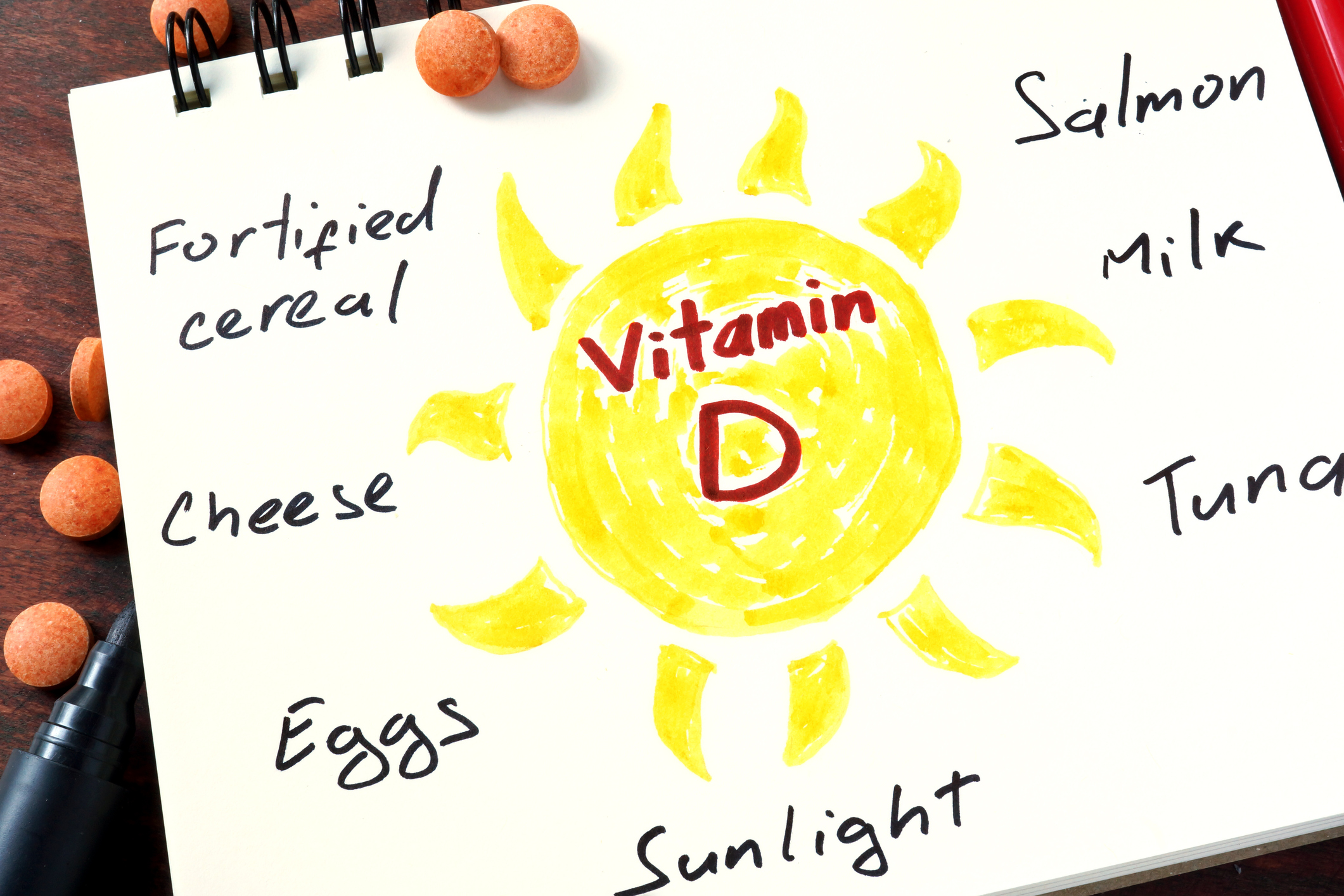Depression is one of the most prevalent disorders that affect millions of people worldwide. Though being talked and healed in more possible ways that we could possibly comprehend, i.e., through medications, and psychiatric healing, often depression overshadows healthy living patterns.
Vitamin D- also known as the sunshine Vitamin, is known to aid depression. Does that imply that depression can be cured with Vitamin D? Not exactly! Then let’s see how it helps.
We absorb Vitamin D through sun exposure, which is a vital source of the same. Vitamin D to absorb vital vitamins from the body. These vitamins, once absorbed, support dietary supplements and certain foods to reach their potential benefits.
Needless to say, that Vitamin D deficiency occurs when your body doesn’t absorb the recommended levels. Insufficient vitamin D levels can cause your bones to become thin. And also cater to a number of health problems- including depression. Studies have found that vitamin D3 taken during late pregnancy could abate perinatal depression. This focused on a specific type of depression, but it was methodologically sound.
The correlation between vitamin D and mental disorders is not clearly understood. It has been reported that there are vitamin D aids the receptors in the hypothalamus, which are crucial in neuroendocrine functioning.
Some investigators have reported that vitamin D is important for brain development. It was reported that when rats were born to vitamin D deficient mothers, this negatively affected the development of their brain in terms of gross morphology, cellular proliferation, and growth factor signaling.
The detection, treatment of inadequate vitamin D levels in persons with depression and other mental disorders may be an easy and cost-effective therapy that could improve patients’ long-term health outcomes as well as their quality of life.
Table of Contents
How to Get the Sunshine
Effective treatment for depression could include psychotherapy, counseling, and also supplementary foods. Based on research findings, a study on a group of mentally diagnosed people revealed lower levels of vitamin D among the group- including those suffering from schizophrenia.
Vitamin D-Rich Foods:
Salmon, Herring, and sardines: Salmon is a popular fatty fish and a great source of vitamin D.
Foods fortified with vitamin D, like some dairy products, orange juice, soy milk, and cereals.
Cod liver Oil:
Egg yolks.
Mushrooms.
Fortified foods.
Fatty fish, like tuna, mackerel, and salmon.
Beef liver.
Cheese.
Lifestyle Changes
Adaptation to these lifestyle changes can help you.
Exercise. Studies reveal that exercises help. Physical activity doesn’t matter. Just choose something that you enjoy the most. Start slowly, perhaps with a walk around the neighborhood, or a stroll in the evening.
Sunlight: Sun rays help brighten the mood. Some people have the seasonal affective disorder (SAD), depression that typically occurs during the fall and winter when sunlight is scarce. This, however, goes away in the spring and summer. Sleep: Not getting enough sleep can have a huge impact on your moods. Get into some good sleeping habits. But do not overdo it.
Read, Read, and Read! Unwind with a good book and soothing music. Avoid watching TV or staring at a bright computer screen in bed. This will help you maintain good sleep habits.
Dietary Supplements
In supplements, vitamin D is available in two forms, D2 (ergocalciferol) and D3 (cholecalciferol). They differ chemically in their chain structure.
Vitamin D2 is manufactured by the UV irradiation of ergosterol in yeast. Vitamin D3 is produced by the irradiation of 7-dehydrocholesterol from lanolin and the chemical conversion of cholesterol.The two forms have the ability to cure rickets and cure depression.
Even though it is yet to be established, vitamin D is essential for both- mental health and physiological functioning. The NIH reports that daily exposure to sunlight early in the morning can make a marked improvement in your mood. Besides, if not for depression, you need vitamin D for the absorption of calcium in the body. So, go for a morning walk every day for your daily dose of happy sunshine and vitamin D.
However, you need to be patient about enhancing the level of vitamin D in the body, as the production of this Vitamin takes ages or to be specific, almost half a year. Take food and supplements regularly along with early morning walks until the level becomes substantial, and you feel healthy and happy again. On a cautionary note, do not go out in the Sun during the afternoon. Else the toxic UV rays will wreak havoc on your skin. Use sunscreen lotion when you step out in the Sun, especially during afternoons.
An ideal way is to get a “healthy” tan and to help your body make all the vitamin D it needs. Vitamin D is no more tricky solution in our modern life as it has a modern solution: A healthy diet and a healthy tan could help you keep the blues away

